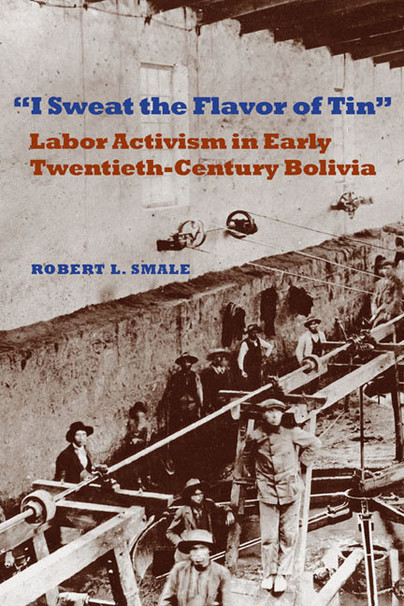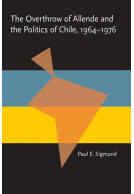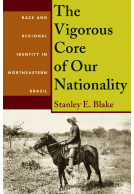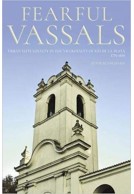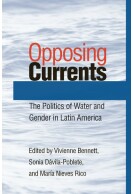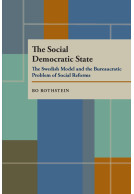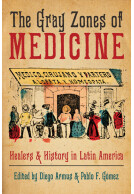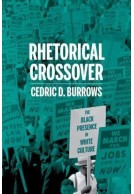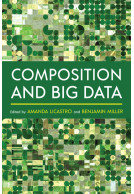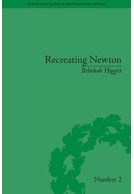I Sweat the Flavor of Tin (Paperback)
Labor Activism in Early Twentieth-Century Bolivia
Imprint: University of Pittsburgh Press
Series: Pitt Latin American Series
Pages: 248
ISBN: 9780822961178
Published: 26th September 2010
Script Academic & Professional
Series: Pitt Latin American Series
Pages: 248
ISBN: 9780822961178
Published: 26th September 2010
Script Academic & Professional
You'll be £41.00 closer to your next £10.00 credit when you purchase I Sweat the Flavor of Tin. What's this?
+£4.99 UK Delivery or free UK delivery if order is over £40
(click here for international delivery rates)
Order within the next 10 hours, 33 minutes to get your order processed the next working day!
Need a currency converter? Check XE.com for live rates
(click here for international delivery rates)
Order within the next 10 hours, 33 minutes to get your order processed the next working day!
Need a currency converter? Check XE.com for live rates
On June 4, 1923, the Bolivian military turned a machine gun on striking miners in the northern Potos\u00ed town of Unc\u00eda. The incident is remembered as BoliviaÆs first massacre of industrial workers. The violence in Unc\u00eda highlights a formative period in the development of a working class who would eventually challenge the oligarchic control of the nation.Robert L. Smale begins his study as BoliviaÆs mining industry transitioned from silver to tin; specifically focusing on the region of Oruro and northern Potos\u00ed. The miners were part of a heterogeneous urban class alongside artisans, small merchants, and other laborers. Artisan mutual aid societies provided miners their first organizational models and the guidance to emancipate themselves from the mine ownersÆ political tutelage. During the 1910s both the WorkersÆ Labor Federation and the Socialist Party appeared in Oruro to spur more aggressive political action. In 1920 miners won a comprehensive contract that exceeded labor legislation debated in Congress in the years that followed. Relations between the working class and the government deteriorated soon after, leading to the 1923 massacre in Unc\u00eda. Smale ends his study with the onset of the Great Depression and premonitions of war with Paraguay—twin cataclysms that would discredit the old oligarchic order and open new horizons to the labor movement.This periodÆs developments marked the entry of workers and other marginalized groups into Bolivian politics and the acquisition of new freedoms and basic rights. These events prefigure the rise of Evo Morales—a union activist born in Oruro—in the early twenty-first century.
Other titles in the series...
Other titles in University of Pittsburgh Press...







